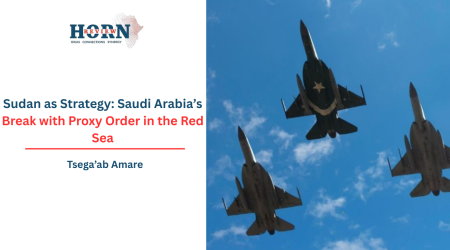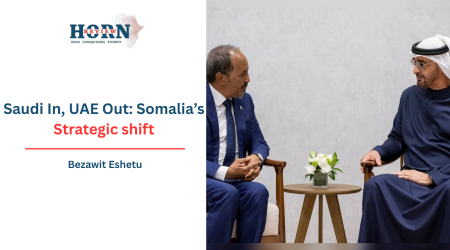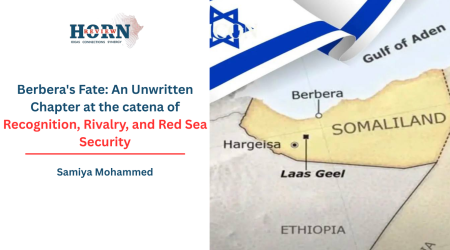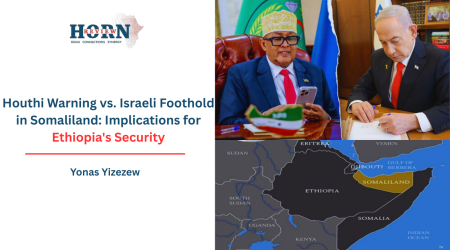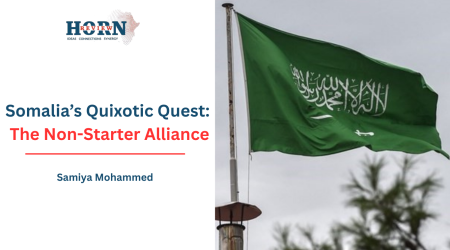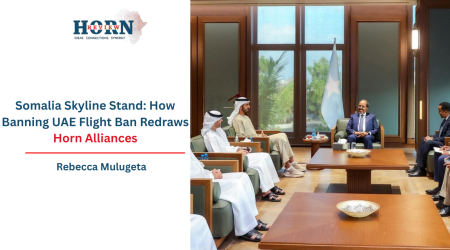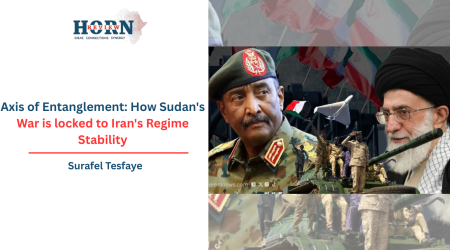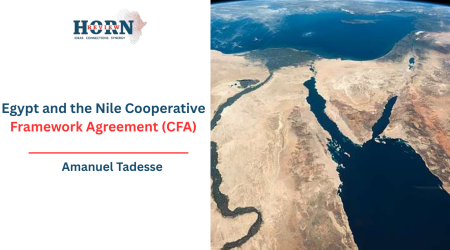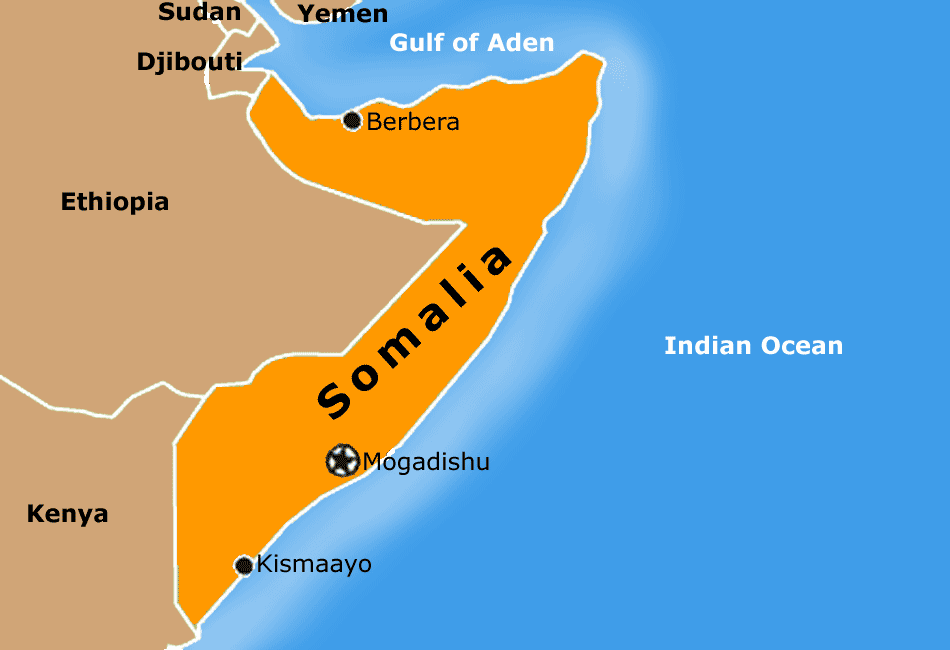
31
May
Kenya’s Diplomatic Reversal: Mogadishu’s Grip on Somaliland’s Aspirations
The abrupt diplomatic U-turn by Kenya regarding Somaliland’s attempted office upgrade in Nairobi reveals a finely balanced and highly sensitive geopolitical chess match in the Horn of Africa. What appeared to be a promising moment for Somaliland, culminating in President Abdirahman Abdullahi’s visit, suddenly dissolved with a sharp, public rebuke from the Kenyan Ministry of Foreign Affairs. This U-turn not only sidetracked Somaliland’s short term objectives but also indicates some of the underlying pressures and strategic necessities that are shaping Kenya’s regional policy.
The trajectory between Kenya and Somaliland once seemed to be moving in the direction of a more robust, if de facto, interaction. There were concrete signals of improved relations, which indicated that Kenya was willing to move toward closer relations with the self-proclaimed republic. Somaliland President’s trip to Nairobi for a “strategic diplomatic visit” was what brought Hargeisa’s great hopes for an increase of their representation into limelight. The ultimatum-like cancellation of the planned opening of the diplomatic office, however, also begs the question: why the sudden and absolute policy reversal by Kenya, especially after issuing the visit to be allowed?
The strongest and direct force behind Kenya’s transformation is most likely the combined efforts of the Federal Government of Somalia (FGS). Mogadishu has consistently maintained an uncompromising stance against any state-level recognition of Somaliland, viewing it as a threat to its territorial integrity. Any move by a pivotal regional actor like Kenya to elevate Somaliland’s status would be interpreted as an open defiance of Somalia’s sovereignty and a risky precedent for its federal project. The FGS probably exerted a lot of diplomatic pressure on Nairobi, possibly through direct top-level communication, to shun the upgrade. Given the internal struggle of Somalia itself to consolidate its power and reassemble, it would view such an action of diplomatic posturing as furthering its volatility.
The various approaches Kenya takes towards Kosovo and Somaliland, both being states which seek greater international recognition, indicate disparate geopolitical situations and strategic imperatives. Kosovo’s course toward recognition was heavily influenced by the concomitant historical events and the collective goodwill of key world powers. And as for Somaliland, its argument for independence lies in its historical separation from the rest of Somalia as a British protectorate and its impressive three-decade record of de facto statehood, democratic rule, and relative stability. But the current regional norm places great importance on the inviolability of existing borders, a principle that greatly complicates the acceptance of any secessionist regime. Kenya, as with much of its neighborhood to the north and east, is similarly tied by historical commitment to this tenet, based on its own domestic mosaic of groups. Admitting Somaliland has been viewed as opening a Pandora’s Box, one which might motivate other sub-national ambitions across the continent, one that Kenya does not seem willing to incur.
So what is Kenya’s grand strategy in this delicate regional move, and where does this incident place Somaliland in the “game”? Kenya’s “strategy” is less a departure from the past than a reassertion of a pragmatically cautious approach. The note is diplomatically phrased to wish to have “working relations with Somaliland and other regional governments” in order to enhance “peace, security, trade, and investment.” Significantly, this is hedged by clarifying that such engagement should only be done in “coordination with Mogadishu.” This shows that Kenya wishes to benefit economically and in terms of security cooperation or regional stability from Somaliland stability and economic production without doing away with its fundamental commitment to the territorial integrity of Somalia. It is a shrewd approach negotiating with Somaliland on functional matters, but always sensitive to Mogadishu’s claims of sovereignty.
This is a huge diplomatic loss for Somaliland. It does not necessarily equate to them being “out of the game,” but it does mean that their short-term strategy of attempting to gain greater diplomatic status in Nairobi on their terms has failed. It highlights the profound limitations of their bilateral relations in the context of deeply entrenched norms of state sovereignty and the enduring diplomatic influence of the Federal Government of Somalia. The episode is a sobering one that, while Somaliland may be able to function on the ground as a de facto sovereign state, that path to political recognition from such significant regional players as Kenya is strongly blocked by the greater Horn of Africa geopolitical context.
For Somaliland, this new development casts a long shadow over its short-term diplomatic ambitions in Kenya. Even if it does not entirely remove Somaliland from regional engagement, it does emphasize the inherent challenge of seeking an independent diplomatic agenda on its terms. The episode vividly illustrates the gigantic constraints of working in an environment so clearly defined by firmly entrenched dictates of state sovereignty and the heavy diplomatic legacy of the Federal Government of Somalia. It is a salutary reminder that despite the de facto state apparatus’s strength, the path to broader political acceptance by regional heavyweights like Kenya remains seriously obstructed by prevailing Horn of Africa geopolitical currents.
By Bethelhem Fikru,Researcher,Horn Review

